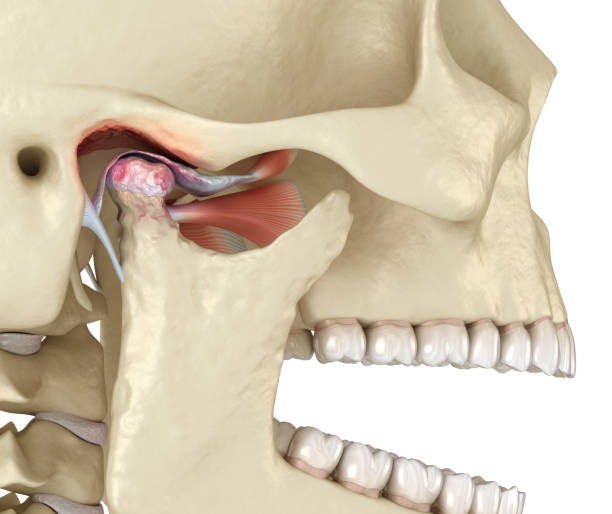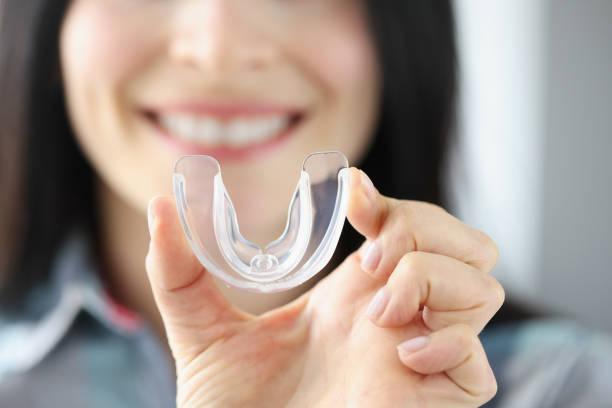Introduction:
Diet plays an important role in overall health, but it may also have an impact on the development and severity of bruxism. In this article, we will discuss the role of diet in preventing bruxism and offer some dietary recommendations for individuals with the condition.
Nutrients That May Help Prevent Bruxism
Certain nutrients, such as magnesium and calcium, may help prevent bruxism by supporting healthy muscle function and promoting relaxation. Other nutrients, such as vitamin B6 and omega-3 fatty acids, may also have a beneficial effect on bruxism by reducing inflammation and improving nerve function.
Foods to Avoid for Bruxism Prevention
Some foods and drinks may exacerbate the symptoms of bruxism, including caffeine, alcohol, and sugary foods. These substances can increase muscle tension and contribute to overall stress levels, making it harder to relax and prevent bruxism.

Dietary Recommendations for Bruxism Prevention
To prevent bruxism through diet, individuals should focus on consuming nutrient-rich whole foods and limiting their intake of caffeine, alcohol, and sugary foods. Supplements may also be beneficial, but individuals should consult with a healthcare professional before taking any new supplements.
Conclusion:
Diet plays a significant role in overall health, including the prevention and management of bruxism. By consuming a nutrient-rich whole food diet and avoiding certain foods and drinks, individuals can reduce their risk of developing bruxism and alleviate the symptoms of the condition.
